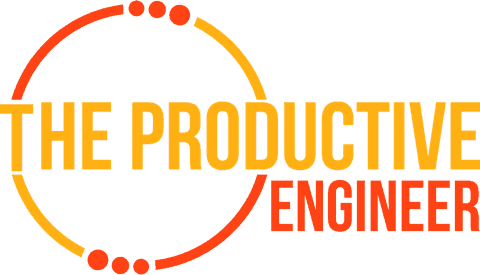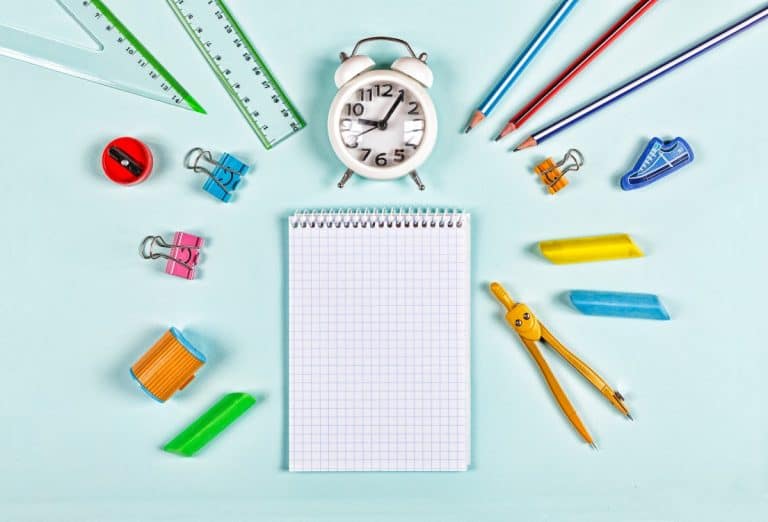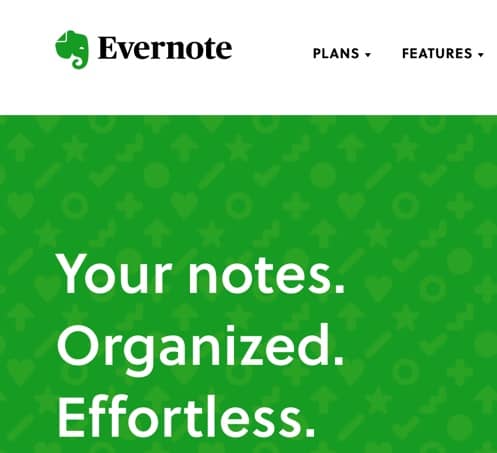Is it Better to Study Before or After Eating – What the Research Says
I know I was always interested in knowing when I should eat regarding studying. If it was better to wait or if I should eat before studying. I could never figure out which was more beneficial to the studying process, so I decided to do some research to figure it out.
Should you study before or after eating? You should eat before studying. Studies have proven that eating a moderate amount of food before studying has not only helped students to focus but has also helped them achieve higher scores on tests. This outcome is due to the flow of blood to the brain and its functionality.
I had always found that I did better in my studies when I had eaten beforehand. I had no idea that it had to do with the blood flow to my brain. I had always thought it had to do with my stomach.
If you are looking for more study tips, check out our article on the twenty-five best study tips to improve academic performance at the link below:
25 Study Tips to Improve Academic Performance
Before we get started, if you are looking to improve your writing, you should really check out Grammarly. Grammarly is a godsend for those who have to write term papers, dissertations, or anything else you write that needs to be grammatically correct. Grammarly doesn’t just check grammar either. It helps you to write clearly and effectively by checking for overused words and unclear phrases. Best of all, Grammarly has a great free tier to get started with. For more information on Grammarly, click the link below:
Grammarly – Great Writing, Simplified
The Effects of Studying after a Meal
Eating before a meal will support the brain function to be able to focus and concentrate on your studying. Your brain needs enough nutrients to be able to function correctly and optimally.
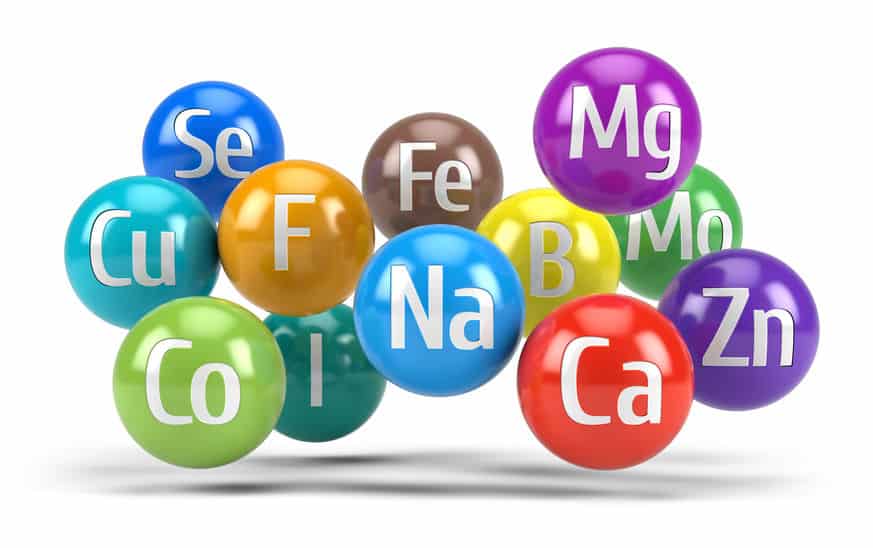
Lack of nutrients can lead to reduced focus and brain function. The more essential nutrients you have in you, the more energy you will have for brain function.
If your brain isn’t getting enough blood flow to it, it will have to work harder, and it will also work slower. You’ll need to make sure you maintain a balance to be at peak functionality.
Why it is Bad to Eat After Studying Instead of Before
If you have ever heard that it’s bad to study or do anything on an empty stomach, then you should know that they are correct. It is harder to focus on the task at hand when all you want to do is eat. The data from a study by Science Daily seems to indicate that our ability to make good decisions is affected by our hunger. It logically follows that our ability to grasp new information would also be compromised when we are in a hungry state.
Irritation
If you haven’t noticed when someone has gotten overly hungry, they can be quite irritable. People who go without food can become irritated easily and, in some cases, can become hostile. I know when I get hungry, I can be quite rude. This irritability can come from a few factors.

When this occurs during studying, it can be quite distracting. Not only are you trying to think about the work you are on, but your brain becomes distracted by wanting to eat. You’ll be more focused on hunger instead of the work you are trying to complete. If you can push past the thoughts of hunger, you may be distracted by the thought of food and will begin to daydream about it.
Impatience
In the same Science Daily study referenced earlier, they found that people who hadn’t eaten before doing a task tended to act impatiently and behave differently as opposed to their normal way of thinking. People who had not eaten before performing a task were found to take the quicker and easier reward than waiting longer for a much larger reward.

If this occurs while studying and you haven’t eaten yet, you may be inclined to accept less than adequate results from your studying. You may rationalize to yourself that the lesser studying you have done is good enough relative to how much you should actually study. This rationalization can lead to less information retained and, ultimately, lesser academic performance.
Impulsive
Have you ever gone to the store to buy food on an empty stomach? If you have, you’ve probably noticed that you have bought more than intended (I know I have). This trend is common among people who don’t eat before going to the store. It’s called being impulse buying, and that happens a lot.

This correlation extends to studying. If you become impulsive when studying, you would be quick to find an answer you think is correct, instead of taking the time to find the true one. Many times when we are hungry, we just want to finish studying as soon as possible. This desire to be done with studying will result in lower scores and lower grades in the long run. Make sure to take your time when studying.
Overeating
One thing you should take note of when eating before studying is how much food to eat. If you eat too much before studying, it could harm your ability to study.
According to research done by Healthline, when you eat, the blood flow to your brain is lessened. This condition is due to your stomach requiring a higher level of blood flow to process the food in your stomach. Your stomach takes blood from other parts of the body. Extremities like your head, feet, and hands have the most blood taken away during the digestion process.
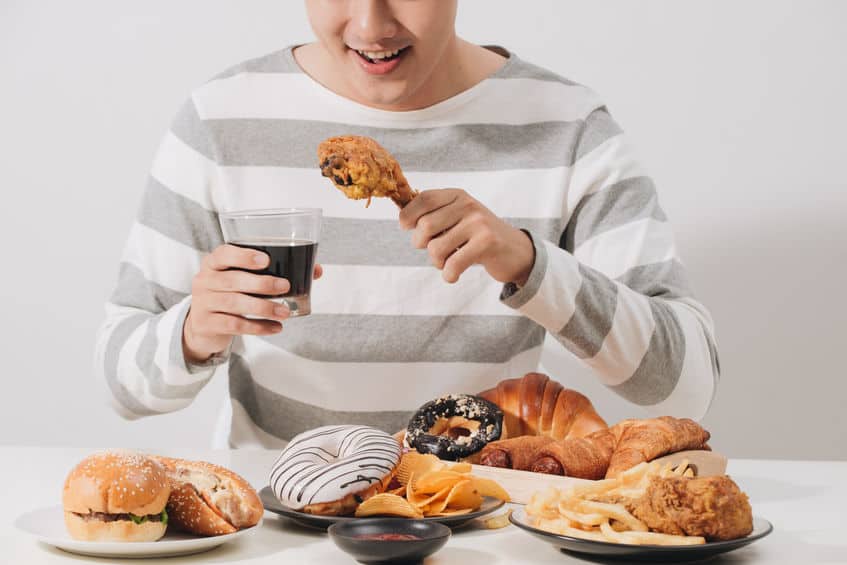
When you overeat, you will notice that you may feel sleepy, and it’s because you are. Your stomach has taken a large amount of blood flow from your brain and, as a result, your brain will work much slower. This reduced blood flow to the brain will cause you to feel sleepy. The takeaway here is to eat moderately before studying to ensure you don’t experience this negative reaction to overeating.
You should also note that it would be best to wait after you eat before you study. This effect happens, no matter how much food you eat. You would be fine to study 10-30 minutes after you eat, depending on how much food you have consumed. Giving you body this time helps it to digest the food faster and ensures you have the proper amount of blood flowing to your brain when studying.
What to Eat
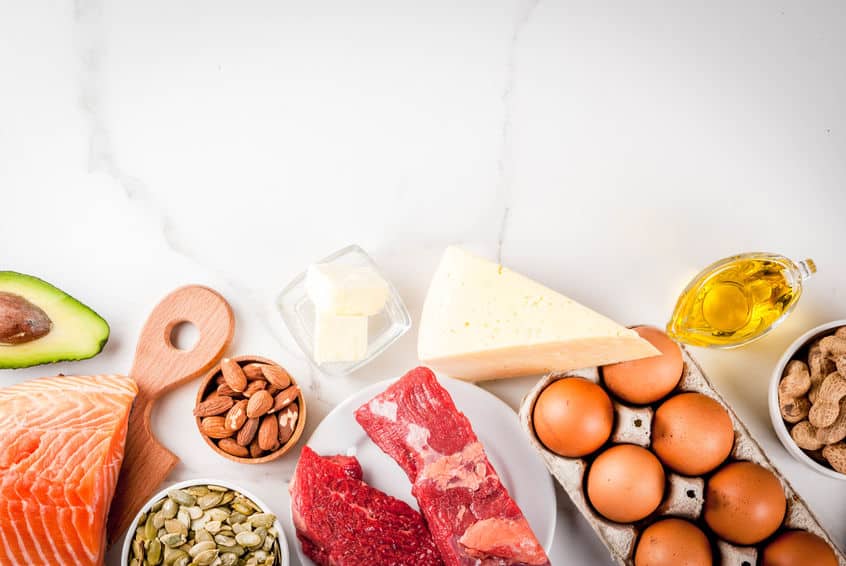
As mentioned before, protein is the best source for function and brain flow. It would be best to eat good amounts of protein before studying. The people of the NAU have found the best foods to eat for studying. The good thing is that they are also healthy!
| Foods That Are Good for the Brain | Nutritional Impact to the Brain |
| Almonds | Good source of Omega 3 fatty acids and potassium |
| Avocados | Avocados provide healthy fats that feed the brain and allow it to function effectively |
| Blueberries | High in Anti-Oxidants |
| Broccoli | Rich in Brain Boosting vitamins and minerals like Vitamin K and Choline |
| Chia Seeds | Provides Omega 3 Fatty Acids, which can help mood |
| Dark Chocolate | Good source of Anti-Oxidants (just don’t eat too much) |
| Kale | Superfood. Rich in a variety of vitamins and minerals including Iron. |
| Raisins | Great source of Boron, which has been shown to improve memory |
| Salmon | Rich in Omega 3 fatty acids and DHA |
| Spinach | Rich in Vitamin K |
Foods Rich in Omega 3 Fatty Acids
Certain seeds, nuts, and fish are known to contain fatty acids such as Omega 3. Omega 3 is healthy for the brain as they help to regulate your mood. Examples of food sources rich in Omega 3 Fatty Acids are listed below:
- Chia Seeds
- Flax Seeds
- Sardines
- Mackeral
- Salmon
- Oysters
- Almonds
Fruits
Certain fruits will give your brain nutrients, vitamins, and minerals that it needs. Raisins, for example, contain boron. Boron has been shown to improve memory, particularly short-term memory. Blueberries and Strawberries are high in anti-oxidants which can also support better short-term memory function. Avocados is a great source of healthy fats, which the brain uses to function more effectively.
Green Leafy Vegetables
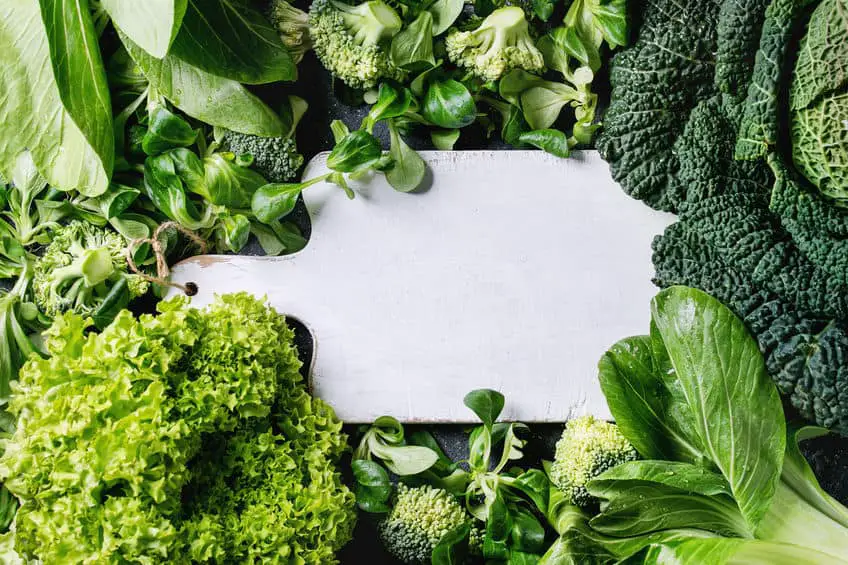
Just like certain fruits, green leafy vegetables will give your brain the nutrients and vitamins that they need. Some examples of vegetables taht are great for boosting brain function include:
- Spinach
- Kale
- Broccoli
Dark Chocolate

If you have a sweet tooth and looking for good brain food, dark chocolate may be for you. Dark chocolate is full of antioxidants and will help to keep you focused. It will keep your brain awake and alert, allowing your brain to focus and process information quicker.
The Benefit of Gum
Chewing gum can be a good help to use when testing or studying. Penn State University reported on a research study that showed that chewing gum can improve studying and test scores.
Gum has some of the effects that Dark Chocolate does. However, as opposed to Dark Chocolate, this is done during the test or study process, as opposed to before. Like Dark Chocolate, gum helps to stimulate your brain while studying by keeping it awake and alert. It also has enzymes that help to keep your brain focused by ways of natural nurturing.
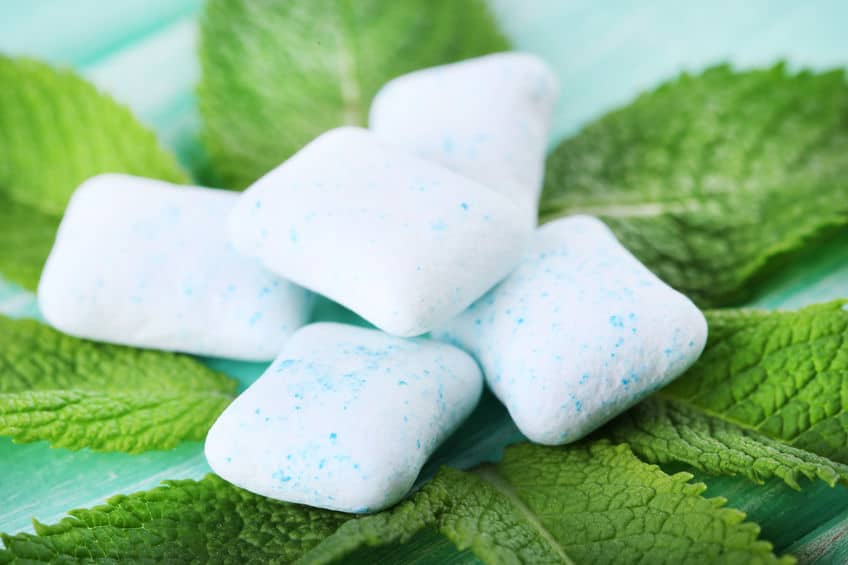
Gum can also be a great way to keep yourself from getting distracted. If you are someone who does get distracted easily, you can use the gum as a fidget tool to keep your brain from wandering. This also helps with people who talk a lot because it keeps your mouth moving while your brain engages with the work you are studying.
Keep in mind; all people study in different ways. Make sure you use a method that works best for you!
Want More Tips and Tricks? Subscribe to our Newsletter!
If you haven’t already subscribed, please subscribe to The Productive Engineer newsletter. It is filled with tips and tricks on how to get the most out of the productivity apps you use every day. We hate spam as much as you do and promise only to send you stuff we think will help you get things done.
Check Out Our YouTube Channel!
We have a YouTube channel now and we are working hard to fill it with tips, tricks, how-tos, and tutorials. Click the link below to check it out!
Check out our Resources page
Check out our resources page for the products and services we use every day to get things done or make our lives a little easier at the link below:
Article You May Be Interested In
Ten Great Tips for Using Todoist
Link to Ten Great Tips for Using Todoist
A Beginner’s Guide to Trello
Link to A Beginner’s Guide to Trello
7 Ways to Overcome Impostor Syndrome
Link to 7 Ways to Overcome Impostor Syndrome
Hardest or Easiest Work First? What the Research Shows
Link to Hardest or Easiest Work First? What the Research shows blog post
